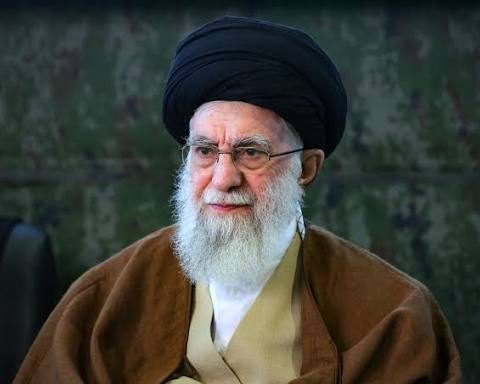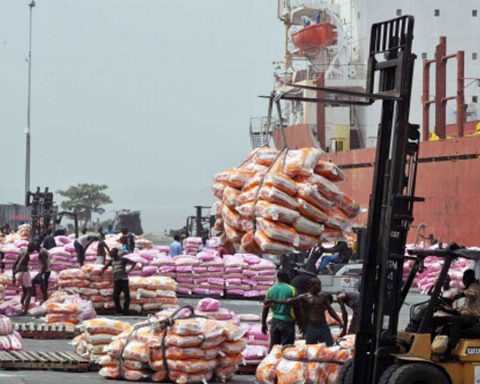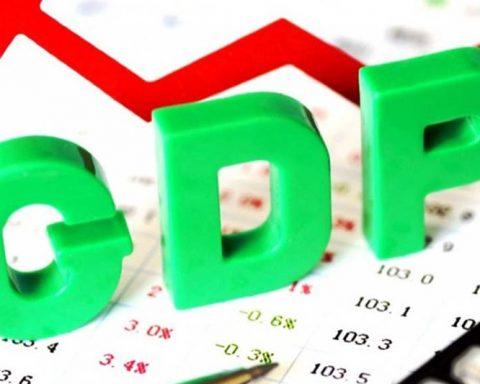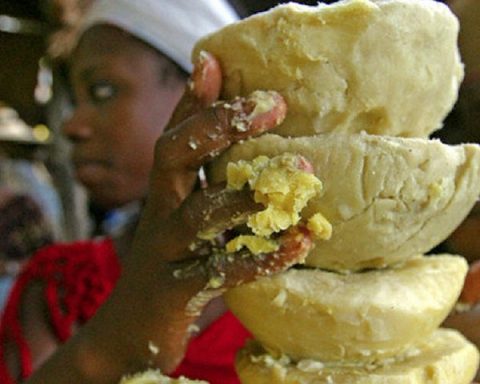Economist and energy analyst, Mr Kelvin Emmanuel, has the ability of the Central of Bank of Nigeria (CBN) to deploy the Monetary Policy Rate (MPR) in stablising prices in the country is limited because the drivers of inflation are more on the fiscal side.
Join our WhatsApp ChannelMr Emmanuel said the government needs to address issues of supply and domestic production output. He said the government needs to tackle food scarcity, pointing out that food cost has major contribution to inflation in the country.
“The government needs to tackle supply; it needs to tackle production output. For example, food inflation is a major driver of inflation in Nigeria. Food constitutes about 55 to 60 per cent of the CPI basket that drives inflation in Nigeria. Energy constitutes about 20 per cent. Between food and energy, you have 80 per cent as drivers of inflation in Nigeria,” Emmanuel stated when he appeared on Channels television.
Mr Emmanuel was reacting to the outcome of the CBN’s Monetary Policy Committee (MPC) meeting held on Monday and Tuesday.
The MPC members voted to retain the Monetary Policy Rate (MPR), which is the benchmark interest rate, at 27.5 per cent, retained the Cash Reserve Ratio of Deposit Money Banks at 50.00 per cent, Merchant Banks at 16 per cent, and also retained the Liquidity Ratio at 30.00 per cent.
These monetary policy measures are aimed at squeezing the money supply to the financial system with a target to bring down inflation.
Cash Reserve Ratio is the rate at which the CBN requires deposit money banks to warehouse a percentage of all customer deposits in regulated deposit money banks across the country in the central bank. It is a tool that central banks all over the world use to manage money supply in the financial system.
Emmanuel said that a decade ago, CRR was 14 per cent. He said that global recommended average, according to the bank of international money settlement is for CRR to be at 15 per cent, but between 2022 and today, past management of the CBN had increased CRR to 32.5 per cent and used part of the funds to fund ways and means, which was a violation of section 38 of the CBN Act of 2007.
READ ALSO: CBN Urges Fiscal Authority To Boost Efforts In Forex Earnings From Exports
According to him, the implication of current policy is to cause a liquidity squeeze in the financial space and with heightened interest rate, banks are not able to borrow money to the real sector as they should.
He suggested what the Bank of Ghana did that impacted on their interest rate. According to him, instead of imposing a blanket CRR rate across all Deposit Money Banks as the CBN did, they should operate “a tiered cash reserve ratio system where banks are rewarded based on their management of what they call ‘Loan Deposit Ratio’ or loan book. “The better a bank cooperates with its LDR, the more you reduce their CRR as a way to incentivize performance of its LDR and lending to the real sector,” Emmanuel stated.
The Economist insisted that the CBN has limited tools to manage monetary policy and achieve a significant outcome in reducing the inflation rate in Nigeria.
“The tools that CBN has are limited, but one potent tool that CBN has to be able to manage liquidity to the real sector for increasing production in Nigeria is to operate a tiered system for cash reserve ratio,” he further stated.










